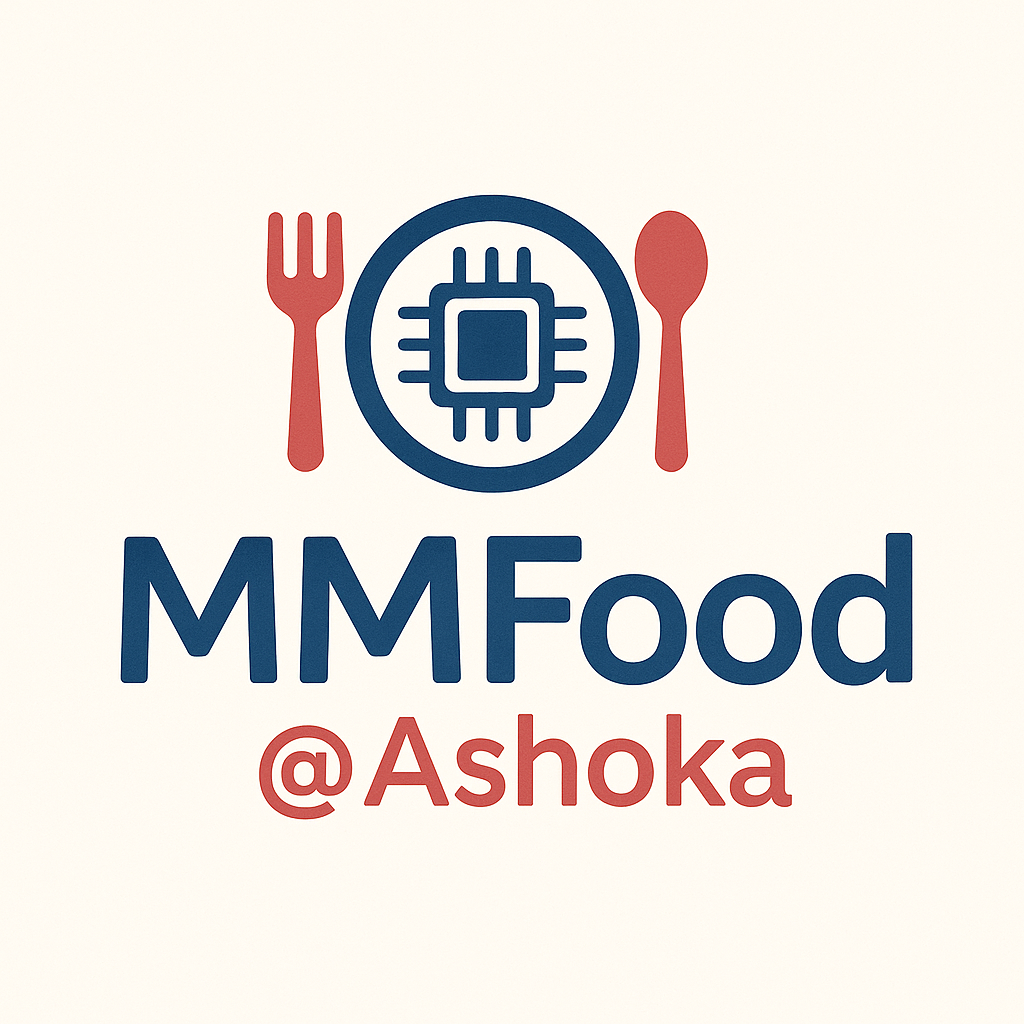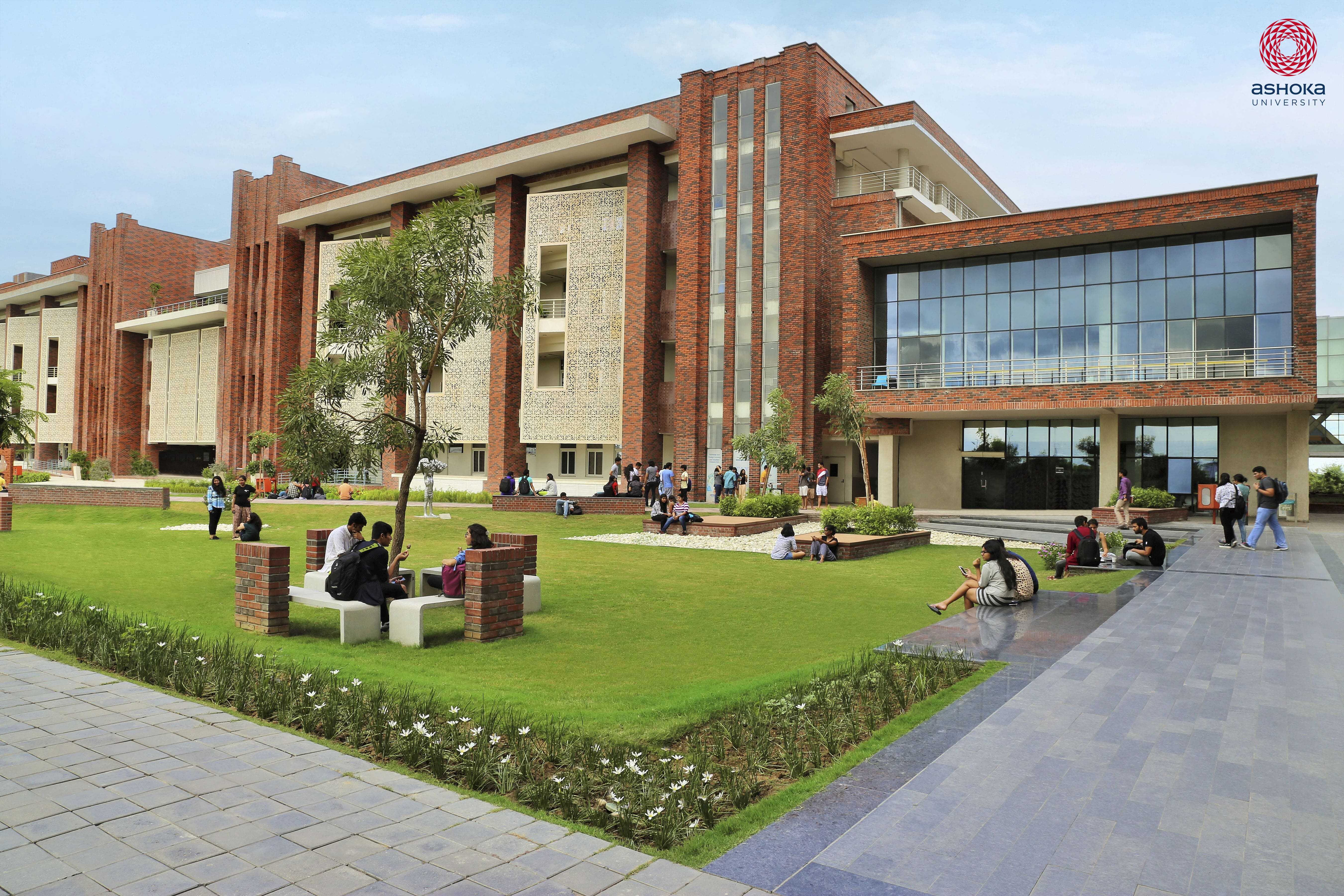Context
What Even Is Indian Food?
Indian food is not a single cuisine — it is a plural, complex, and evolving set of culinary traditions shaped by geography, history, trade, religion, colonization, climate, and culture. Spanning the Indian subcontinent, it encompasses a breathtaking diversity of ingredients, techniques, and philosophies. The foods of India vary widely across states, districts, castes, tribes, and communities — each with its own ingredients, seasonal rhythms, and inherited customs of cooking and eating.
From the rice- and fish-based diets of Bengal to the wheat-heavy meals of northern India, from the fermented flavors of the northeast to the spiced lentil stews of the south, the variation is both immense and intimate. Culinary practices are deeply tied to ecological zones — coastal vs. inland, arid vs. tropical — and to sociocultural factors such as caste, religion, and colonial legacy. Jain vegetarianism, Islamic meat traditions, Buddhist fasting customs, and Christian festival foods all coexist, interweaving across centuries.
Add to this mix the profound influences of trade (with spices, grains, and cooking techniques traveling from Persia, Portugal, China, and beyond), colonization (which left behind chillies, potatoes, bread, and bureaucracy), and globalization (bringing packaged snacks and Instagram-friendly plating), and we arrive at a dynamic culinary landscape. What is often labeled as “Indian food” in the mainstream — paneer tikka, butter chicken, biryani — is merely a thin slice of a much larger and richer whole.
In reality, “Indian food” is best understood not as a monolith but as the sum total of the food cultures of the Indian subcontinent — including modern-day India, Pakistan, Bangladesh, Nepal, and Sri Lanka. It includes street food and temple offerings, millet porridges and royal thalis, home-cooked dal and industrialized ready meals. It is carried in lunchboxes, offered to gods, recreated in diaspora kitchens, and constantly evolving in response to urbanization, technology, climate change, and shifting desires.
To speak of Indian food is to speak of an ever-expanding archive of memory, meaning, nourishment, and sustainability — one that resists standardization but invites exploration.
Background
India’s food systems are undergoing rapid transformation — driven by urbanization, shifting lifestyles, market-driven supply chains, and the increasing influence of global cuisines. Yet, the foundational data infrastructure needed to analyze and reason about Indian food remains incomplete, inconsistent, or entirely absent. Recipes, ingredients, cooking processes, dietary habits, and cultural context are either scattered or underrepresented in digital systems. While global food datasets exist, they do not capture the rich complexity of Indian food knowledge. Bridging this gap calls for a structured, interdisciplinary approach - combining software engineering, artificial intelligence, food studies, ethnography, nutrition science, public health, and public policy — to build meaningful, cognitively informed, and socially grounded food intelligence platforms.
Motivation
We are driven by the belief that Indian food knowledge - when structured, enriched, and made accessible — can unlock transformative potential across health, sustainability, and culture. From powering intelligent food recommendations and preventive diagnostics to enabling misinformation detection and supply chain analytics, structured food knowledge serves as a foundation for impact. Without it, efforts in personalized health, food education, and sustainable agriculture risk remaining inaccessible or ineffective for most Indians. Our mission is to create data-driven pathways that empower communities with informed, nourishing, and culturally grounded food choices.
Founding Problem Statement
India is facing a public health crisis with rising rates of obesity, hypertension, and diabetes, much of which is linked to poor dietary quality and food misinformation. The recently proposed Personalized Health Navigators (PHN) and Personalized Digital Health (PDH) frameworks offer an opportunity to address these issues through intelligent systems. However, these efforts critically depend on a robust digital representation of Indian food and nutrition data that is both machine-readable and culturally nuanced. We aim to develop this foundation through a comprehensive, granular, and evolving food knowledge graph, supported by reasoning engines, personalized recommendation tools, and lightweight data collection pipelines. This infrastructure aims to support a new generation of food technologies that are guided by both intelligence and care — for health, culture, and enjoyment.
Reframing Challenges: A Systems View
The problem is not just about missing data - it is about fragmented systems. Traditional knowledge is siloed from nutritional science. Agricultural datasets are divorced from culinary usage. Food composition is separated from actual cooking practices. Our challenge is to unify these disparate threads into an interoperable, evolving ecosystem of food knowledge. This requires bridging semantic, cultural, and technical gaps simultaneously — so that food intelligence systems are not only precise, but also contextual, inclusive, and socially aware.
Where Food Meets Intelligence
At the Food Computing Lab, we conduct interdisciplinary research at the frontier of AI and food systems. We work at the intersection of Natural Language Processing, Knowledge Representation, Machine Learning, Semantic Web, and Software Engineering — blending them with food science, nutrition, and cultural studies. Our research focuses on understanding and analyzing food using intelligent algorithms that scale across languages, regions, and modalities. By grounding cutting-edge AI in food-specific contexts, we aim to tackle pressing challenges related to health, misinformation, traceability, and sustainability in the Indian food supply chain.
Initial Groundwork
Our foundational work involves building a dynamic knowledge graph tailored to Indian food contexts — integrating ingredients, recipes, nutritional data, regional cuisines, and traditional practices using structured vocabularies and ontologies. We are designing culturally grounded survey instruments to capture household-level dietary practices and underrepresented culinary knowledge, particularly from indigenous and rural communities. In parallel, we are prototyping reasoning systems that connect food, health, and behavior data for use in diagnostics, recommendations, and education. This groundwork is shaping an evolving, intelligent infrastructure to support scalable, inclusive, and ethically governed food computing.

